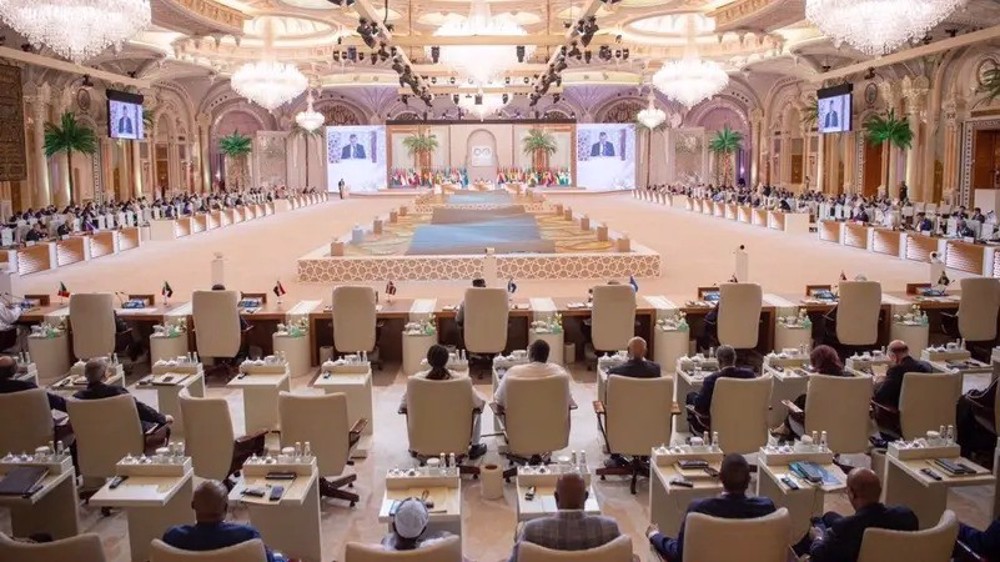Saudi Kingdom plans sale of oil assets amid economic woes
Saudi Arabia is planning to generate a $2-trillion wealth fund by auctioning off its oil assets amid the heavy costs of its war on Yemen and near-record low global oil prices.
The plan was revealed by the Persian Gulf kingdom’s deputy crown prince Mohammad bin Salman, UK-based daily The Guardian reported Friday.
The ruling Saudi family will transfer the revenue from the sales to the country’s public investment fund (PIF), which will then be tapped to purchase strategic financial and industrial assets abroad.
According to the report, which described the Saudi plan as “preparation for a world beyond oil,” the sale of a first tranche of shares to private investors “via an initial public offering (IPO) in the state-owned Saudi Aramco” oil company could begin as soon as next year, with the objective of building enough wealth to eventually acquire some of the world’s largest corporations such as the US-based Apple.

“IPOing Aramco and transferring its shares to PIF will technically make investments the source of Saudi government revenue, not oil,” said Mohammad, who is the son of Saudi King Salman bin Abdulaziz, in an interview with Bloomberg in Riyadh.
“What is left now is to diversify investments, so within 20 years we will be an economy or state that doesn’t depend mainly on oil,” he said.
Saudi Arabia emerged as the world’s third largest military spender in 2015, despite facing a budget deficit of nearly $100 billion caused by a sharp slump in oil prices as well as the rising cost of the war in Yemen.
The Saudi war on Yemen has not only been economically disastrous for Saudi Arabia; massive Yemeni human casualties have also entangled Saudi Arabia in a humanitarian debacle. The war has so far killed over 8,400 people, among them 2,236 children, and nearly 16,000 others have been injured since March 2015.
Saudi Economy Minister Adel Fakeih announced in December last year that the regime’s expenditure in 2015 climbed by 13 percent to USD 260 billion, noting that nearly USD 5.3 billion of the amount was spent on military measures, which he attributed to the kingdom’s war on Yemen.

The significant surge in the Saudi military spending has come against the backdrop of sinking world oil prices. The slump has seriously impacted Saudi Arabia, which relies on oil for nearly 90 percent of its revenue.
The Saudi economy minister posted a USD 98-billion budget deficit for 2015, adding that the kingdom will face a deficit of USD 87 billion in 2016.
To make up for its heavy military spending on the Yemen war, Riyadh has reportedly adopted a series of economic measures at home by increasing the cost of fuel and some services by up to 80 percent. The move has in turn incited discontent across the country, with many demanding an end to the military aggression against Yemen in a bid to avoid further economic woes.
VIDEO | New Delhi chokes under toxic smog as air quality remains at hazardous levels
VIDEO | Press TV's news headlines
VIDEO | ICC's arrest warrant for Netanyahu to worry Western politicians: Former British diplomat
Iranians protest against Israel after Netanyahu ICC warrant
Germany undecided on complying with ICC arrest warrants for Israeli war criminals
VIDEO | Former FBI agent criticizes US Congress for 'outright corruption'
IRGC chief urges Muslim countries to cut aid routes to Israel
'New chapter in cooperation': Iran, Venezuela sign new MoUs













 This makes it easy to access the Press TV website
This makes it easy to access the Press TV website